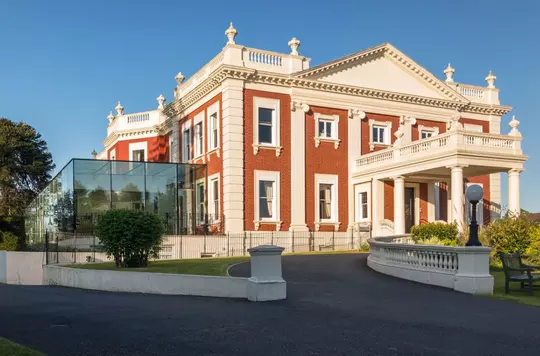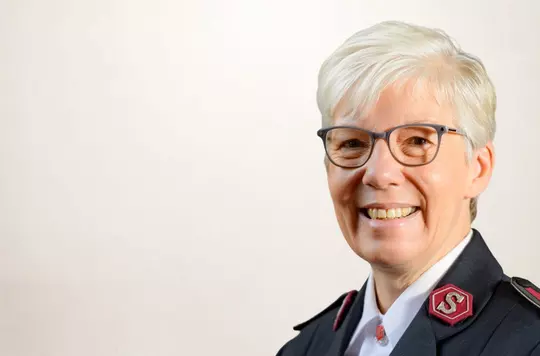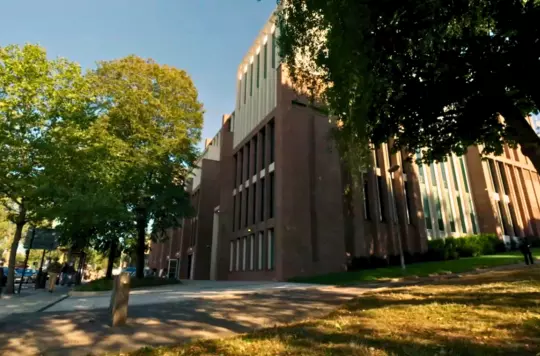17 May 2023
High Council: How it all works

Salvationist shares General John Larsson’s guide to how a General is elected.
Preliminaries
The first task of the High Council, after it has elected a president, will be to establish how it will work. The council will review the Orders of Procedure used by the previous High Council. After making any amendments it feels necessary, the High Council will formally adopt the revised version as its own Orders of Procedure.
A High Council is an exercise of spiritual discernment, and time is therefore set aside for worship, reflection and prayer. The collective prayer of the members will be that, at the end of the process, they might be able to echo the words of the Council of Jerusalem: ‘It seemed good to the Holy Spirit and to us’ (Acts 15:28).
Time is also set aside for discussions about the challenges and opportunities the Army faces around the world. Clarifying these issues helps to clarify the kind of leader the Army needs.
Nominations
Every member has the privilege of nominating someone to be a candidate for General. The only criterion is that the person nominated must be an officer. That means about 26,000 persons are eligible. But on past precedent the forthcoming High Council is likely to nominate persons from within its own membership.
Only those who are nominated by three or more members are deemed to have been nominated. Those who accept nomination become candidates.
At this stage, the High Council adjourns for a full day to enable candidates and spouses to prepare written answers to the specific questions that the council has prepared. Candidates also work on their speeches.
Questions and speeches
Candidates and spouses read out their answers to the questions. Through this process the High Council seeks to get to know the candidates at greater depth.
Each candidate then gives a speech. No parameters regarding subject matter or length are laid down, but speeches usually deal with the candidate’s vision for the Army if elected General, and last between 10 and 15 minutes.
Election
After the questions and speeches the election itself begins. In the hush of the council chamber, each member receives a voting paper from the president and, in a secluded area, places a tick against one of the names before putting it in a ballot box. The other members engage in prayer. The process is unhurried and can take up to an hour for each ballot.

After the voting has been completed the tellers count the votes. The Salvation Army Act 1980 – by which the High Council is governed – stipulates: a. That in the first three ballots a candidate must get the vote of more than two thirds of the members present; b. That from the fourth ballot onwards a candidate need only receive the votes of more than half of the members present; and c. That the candidate who gets the fewest votes in each ballot must drop out until only two candidates remain.
Closing moments
However protracted the election process and however close the result, it is tradition that the moment the new General is elected all members immediately give their full support to that person. The corporate decision of the body is accepted by all as the expression of the will of God.
The doors of the council chamber are thrown open and the president presents the new General-elect to the Salvationist family around the world. From every heart rises the cry: ‘May God bless our new General!’
- Based on an article originally published in Salvationist (12 May 2018)

The 2023 High Council will be held at Sunbury Court Conference Centre, commencing formally on 18 May 2023.

Colonel Jenine Main reflects on how she looks after her wellbeing.

